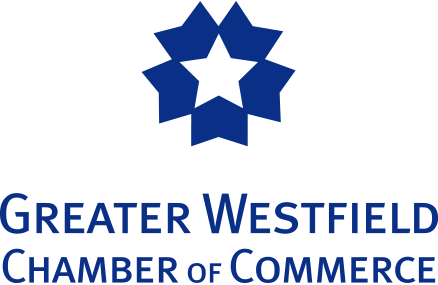WESTFIELD – A public hearing on the tax shift — the percentages of the local tax levy borne by residential and commercial properties – drew only one public comment, from Michael Roundy of the Greater Westfield Chamber of Commerce board of directors.
Roundy, who also submitted a letter from the Chamber, said Wesffield’s CIP (commercial, industrial, personal) property tax shift, which shifts a portion of the local property tax burden off of residential taxpayers and onto commercial and industrial taxpayers, should be reduced in order to relieve a portion of the tax burden that local
businesses face.
Roundy said with Westfield’s current shift factor 1.66 the businesses have 29 percent of the tax burden, although the value of the property owned by Westfield’s businesses constitutes just 17% of all property values in Westfield. He said each 0.01 increment of the tax shift factor costs the average business approximately another $135, while saving the average homeowner only $12.50.
Roundy also compared Westfield’s tax shift of 1.66 to surrounding communities of Holyoke at 1.60, Springfield at 1.58, Chicopee, 1.58, Agawam, 1.55, and West Springfield, 1.49, and urged councilors to reduce the tax shift.
However, the discussion during the Special City Council meeting that followed did not go that way. At-large Councilor Cindy C. Harris introduced the first motion to amend the tax shift to 1.69, in favor of residents.
At-large Councilor Dave Flaherty said he did not think shifting more of the burden onto businesses was a good idea, given how businesses are struggling, and amended the motion back to 1.66.
“In this COVID environment, this is a really tough decision. Normally, I would be very pro-business. Surrounding communities have a better tax rate that supports businesses, which keeps taxes strong. However, because of COVID, everyone is suffering. I’m inclined to keep it where it was last year, or have a shift that is slightly helping businesses,” said At-large Councilor Nicholas J. Morganelli Jr.
Flaherty said the shift factor changes year to year, adding that both rates will go down, and both will give the city more room in the levy capacity. “I would support staying right where we are at 1.66,” he said. A motion was made and passed 12 to 1, with Harris voting no.
Assessor Robin Johnson also spoke during the meetings about the increases in property values and revenue to the city. She said they had to do a total revaluation of the city this year, which is done every five years, and overall values of residential properties increase by 5%. “The market has been crazy, a seller’s market. We had to use 2019 sales for these values. It was high then, and it’s higher now in 2020,” Johnson said.
She also spoke about the businesses that ended their tax incentive financing agreements, which added money to the city, along with 28 new homes that were built over the last two year.
Johnson said tax rates will be reduced this year, and calculated the reduction with the tax shift of 1.66 for residential as going from the current $19.25 per thousand down to 18.89; and commercial from $37.11 down to $36.53.








